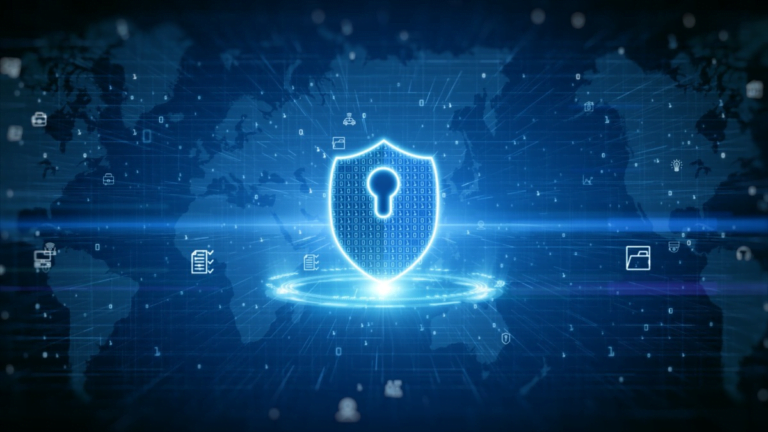
NFTs are digital assets. They are stored on a blockchain, which is a decentralized, distributed ledger technology. This digital ledger is secure, immutable, and transparent, making it ideal for storing and tracking ownership of digital assets. NFTs can be used to store a variety of digital assets, including artwork, music, videos, and other digital collectibles.
As the popularity of NFTs continues to grow, so does the need for NFT security. This article will discuss the need for proper NFT security and offer tips on ensuring that your investments are safe, so read on to find out more.
Advantages of NFT Security
There are many advantages to increasing the security of your NFTs, including:
- No unauthorized access: NFT security can protect your NFTs from unauthorized access or theft.
- Building trust: By implementing NFT security measures, you build trust with your customers and prove that you take their security seriously.
- Reducing risks: By securing your NFTs, you reduce the risk of loss or theft.
Integrated NFT Security Solutions
There are several integrated NFT security solutions available to help protect your NFTs, buying and selling them on authorized NFT marketplace will ensure that they are legitimate and offer some protection. There are security solutions that are designed to provide end-to-end encryption, authentication, and secure storage of your NFTs. These solutions can help you protect your NFTs from unauthorized access or theft.
Setting Up NFT Security Measures
Once you’ve decided on the security measures you want to implement, it’s time to set them up. Here are some steps you can take to set up NFT security measures:
- Choose a secure wallet: Choose a secure wallet to store your NFTs. This means using a trusted and secure wallet, such as a hardware wallet.
- Set up two-factor authentication: Set up two-factor authentication on your NFTs. This means using a second form of authentication, such as a text message or email, in addition to a password.
- Set up a password manager: Set up a password manager to generate and store strong passwords for your NFTs.
- Monitor your NFTs: Monitor your NFTs regularly to ensure they are secure.
- Use a VPN: Use a virtual private network (VPN) to protect your NFTs from potential hackers.
NFT Security Risks
There are many risks involved if you do not properly protect your NFTs.
- Theft: NFTs are stored on a blockchain, which is vulnerable to hackers if it is not properly protected.
- Fraud: Fake assets can be created to scam and defraud others.
- Loss: NFTs can be lost if they are not properly backed up and secured by their owner.
- Scams:Similar to fraud, some people will try to scam others with fake NFTs and offers. If it seems too good to be true, then it probably is.
Conclusion
NFT security is essential for protecting your NFTs from unauthorized access or theft. It’s important to understand the risks associated with using NFTs and take steps to protect your NFTs from them. This includes setting up strong passwords, using two-factor authentication, and using a secure wallet. It’s also a good idea to use integrated NFT security solutions to provide end-to-end encryption and authentication and secure storage of your NFTs.
Tech World Times (TWT), a global collective focusing on the latest tech news and trends in blockchain, Fintech, Development & Testing, AI and Startups. If you are looking for the guest post then contact at techworldtimes@gmail.com

